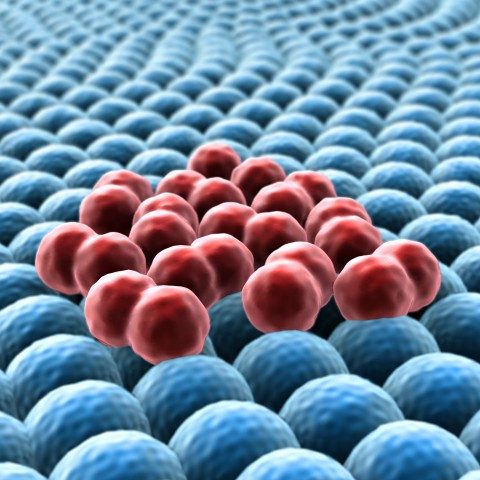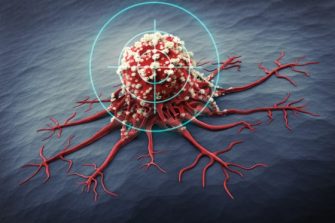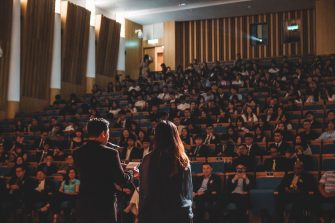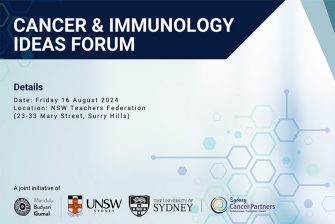Cancer

Our vision is to improve the lives of all people impacted by cancer by delivering evidence-based practice in diagnosis, intervention and support.
Cancer is one of the world’s greatest health challenges. There is much to do to advance the prevention, treatment and cure of this disease. UNSW Medicine & Health’s cancer research aims to improve the outcome of high mortality cancers – where the responses to current medicine and procedures are yet to change.
We help turn scientific discoveries into cures. The expertise of our internationally recognised clinicians, researchers and educators spans the basic sciences, clinical trials, implementation research, public health and health services research.




